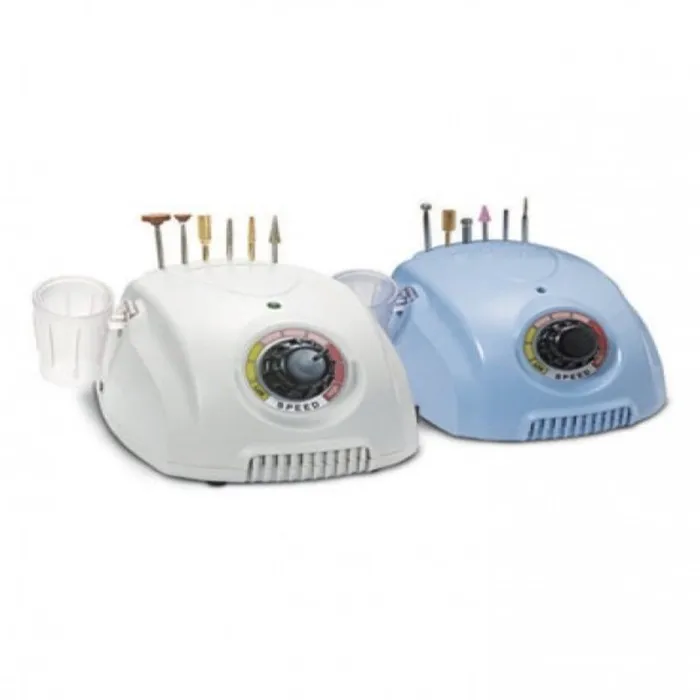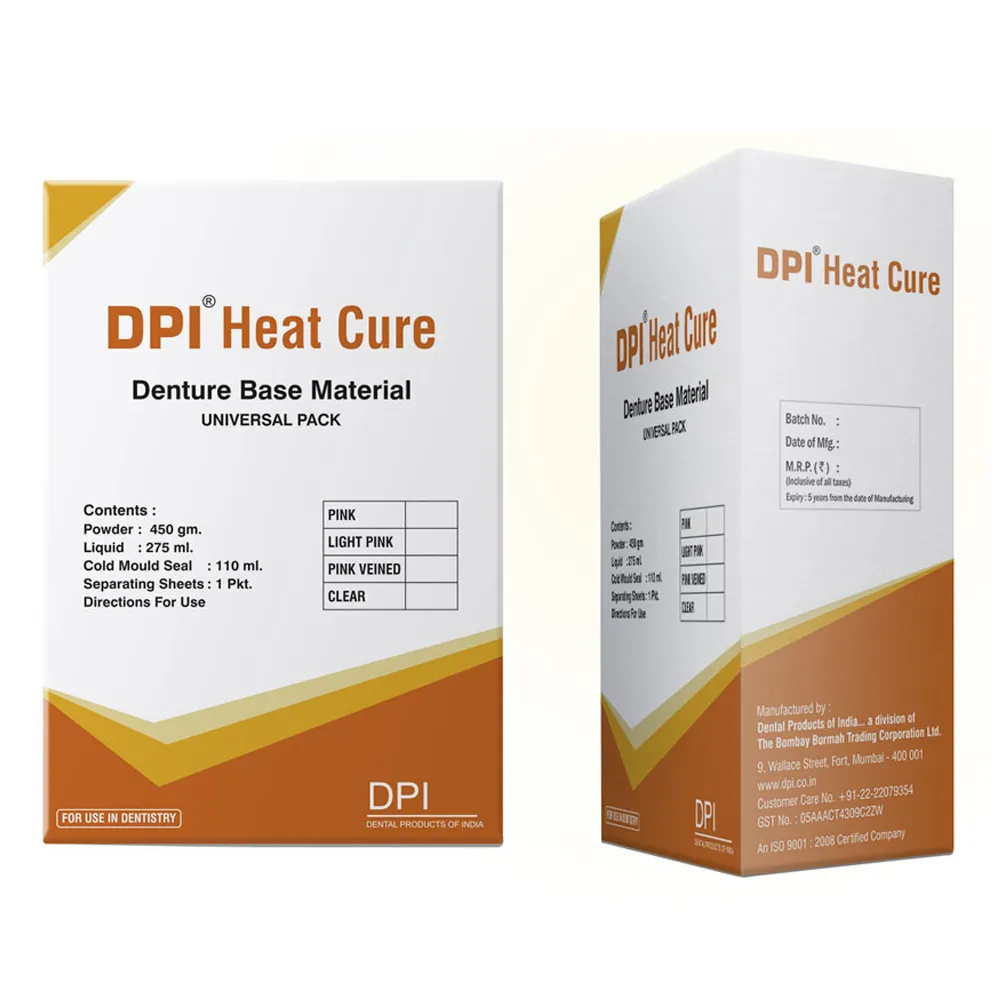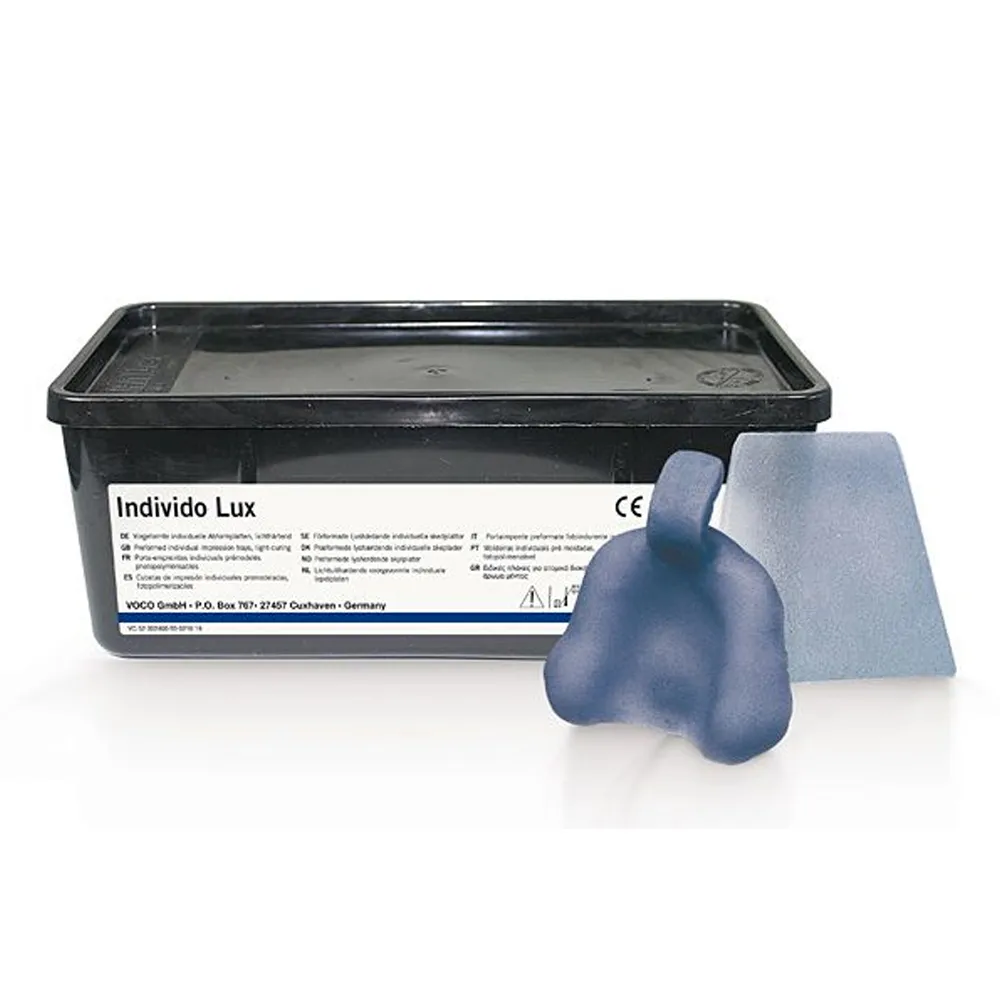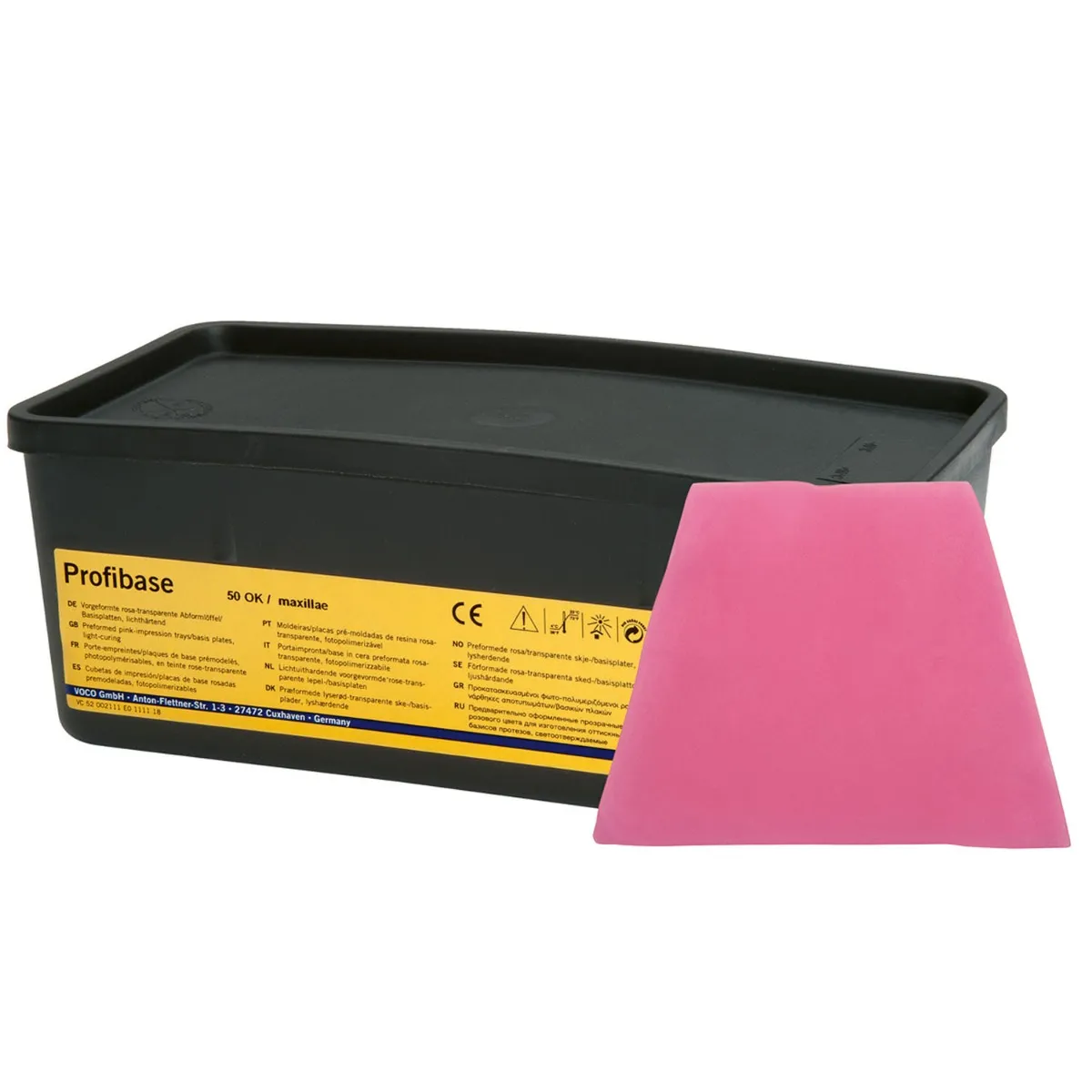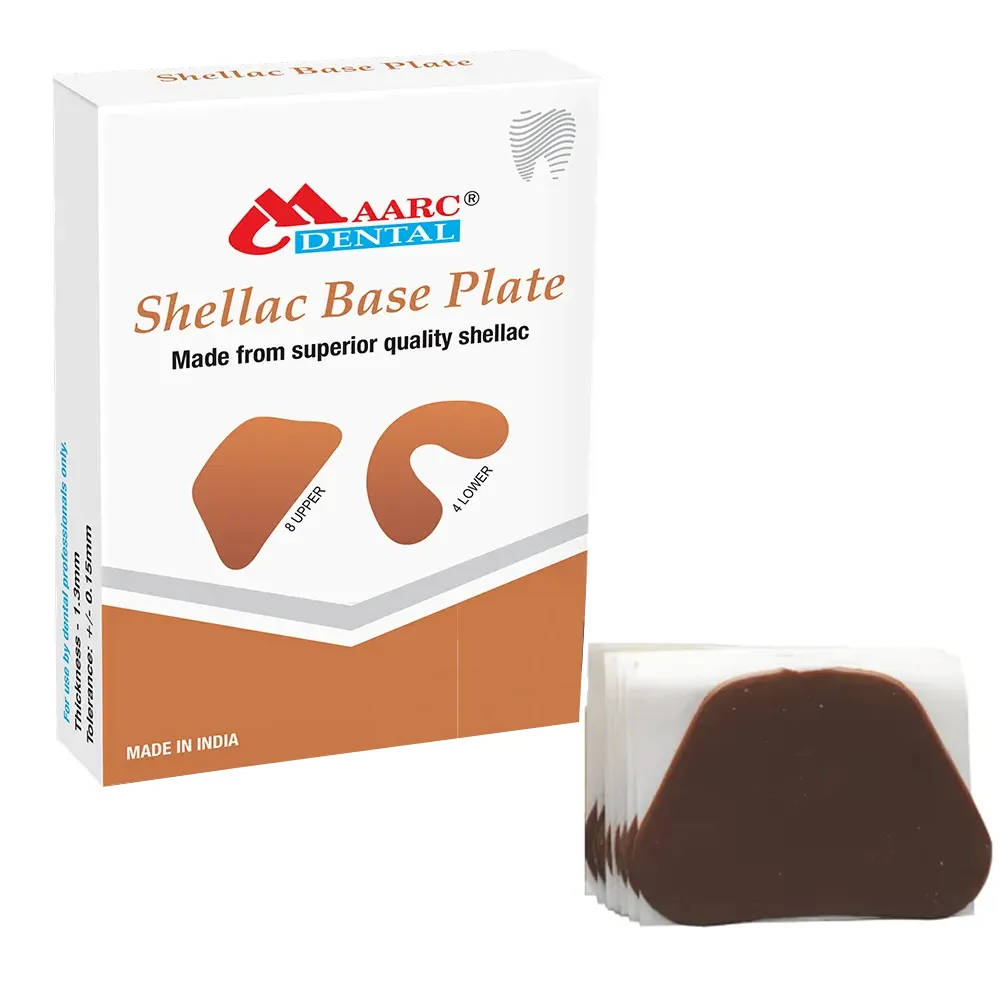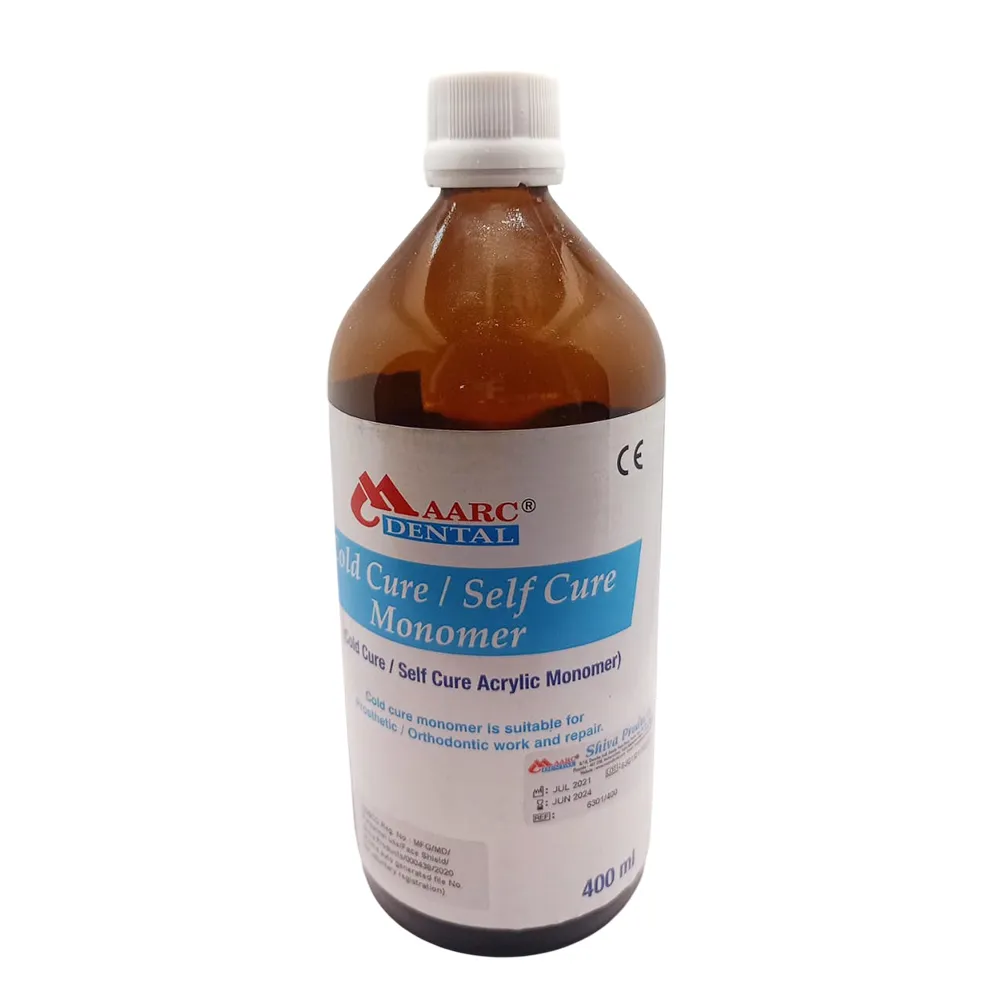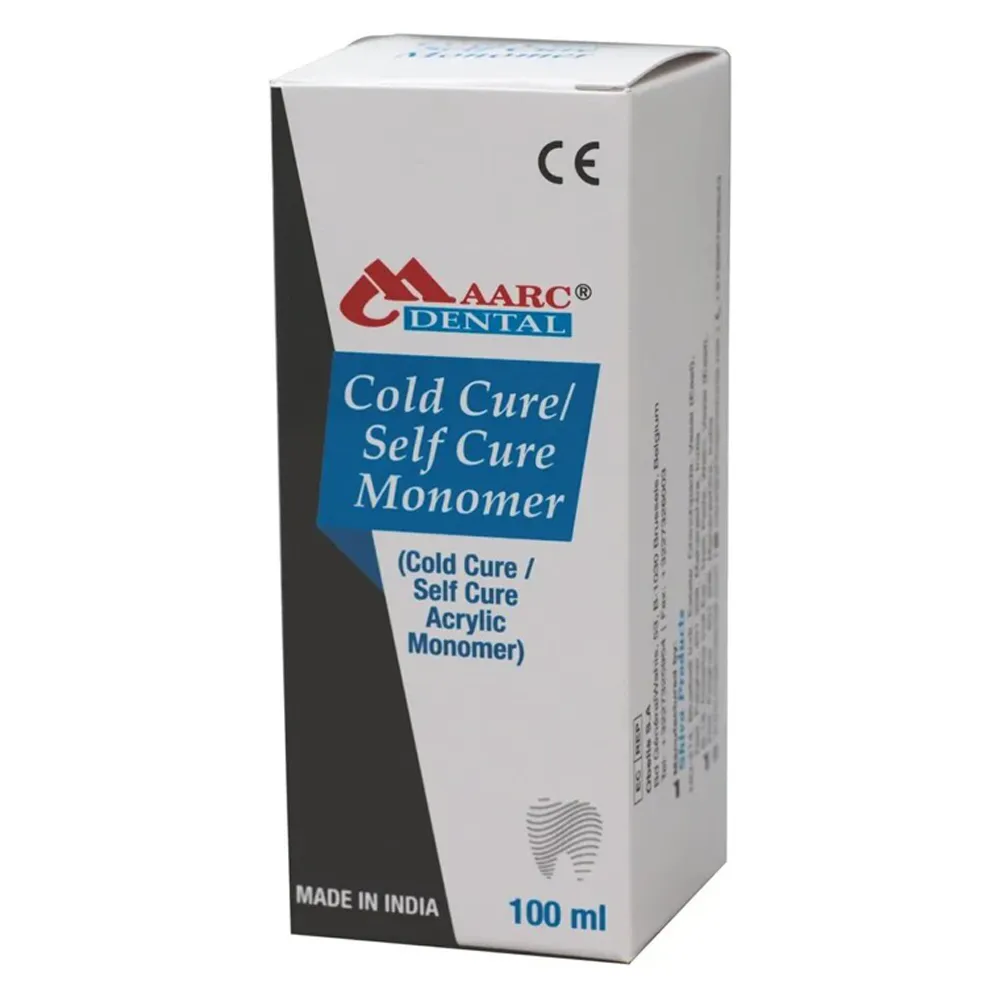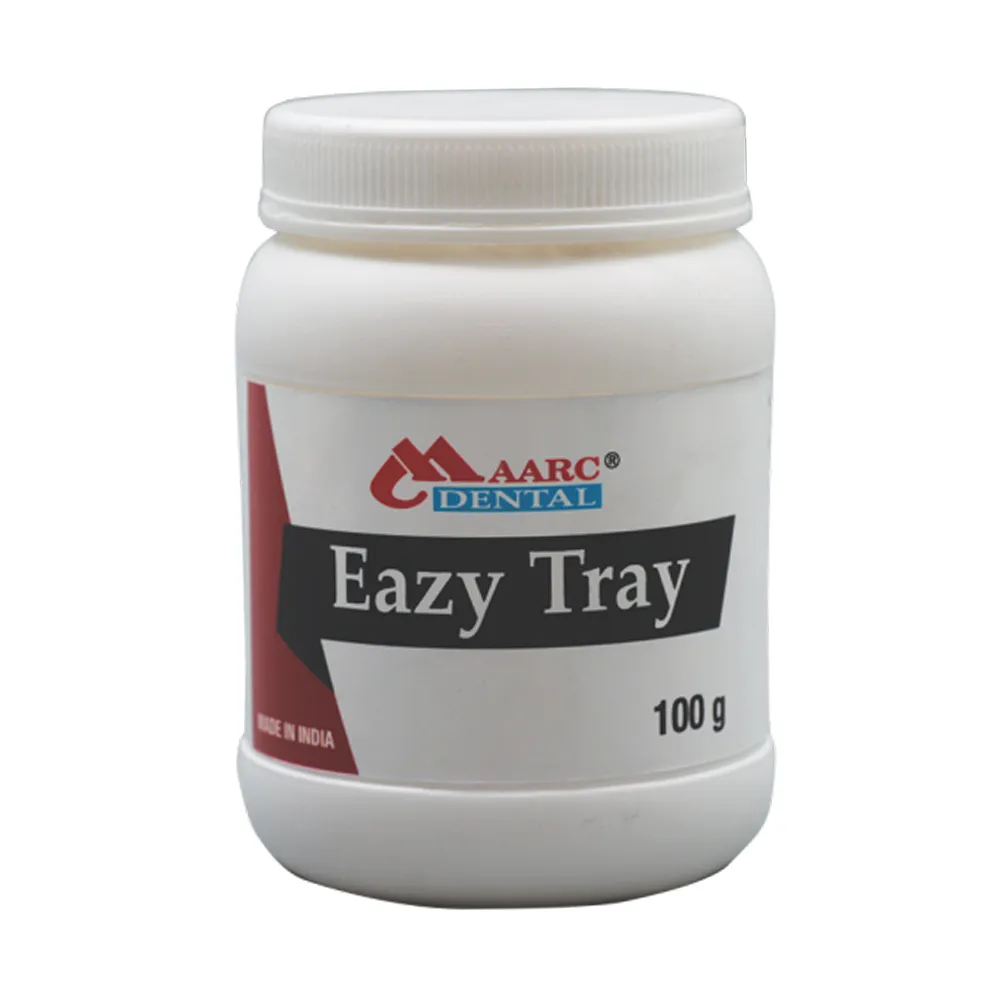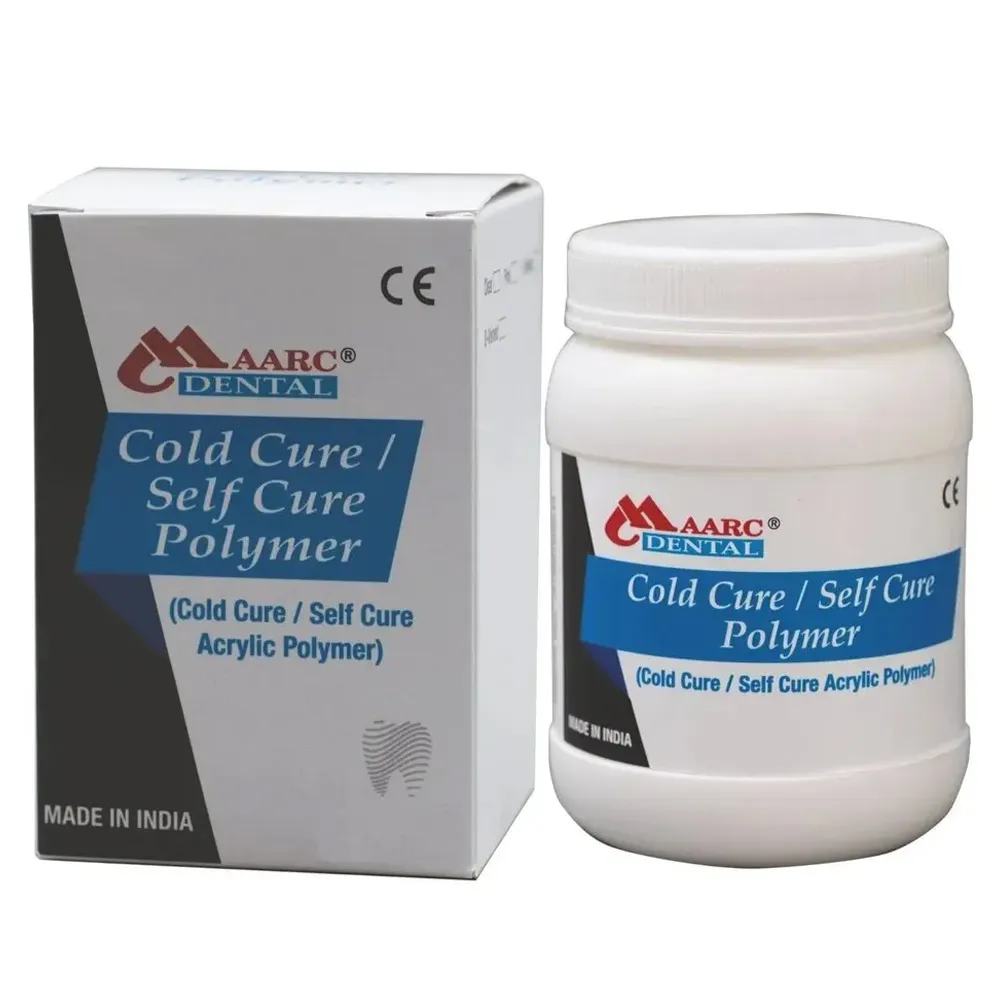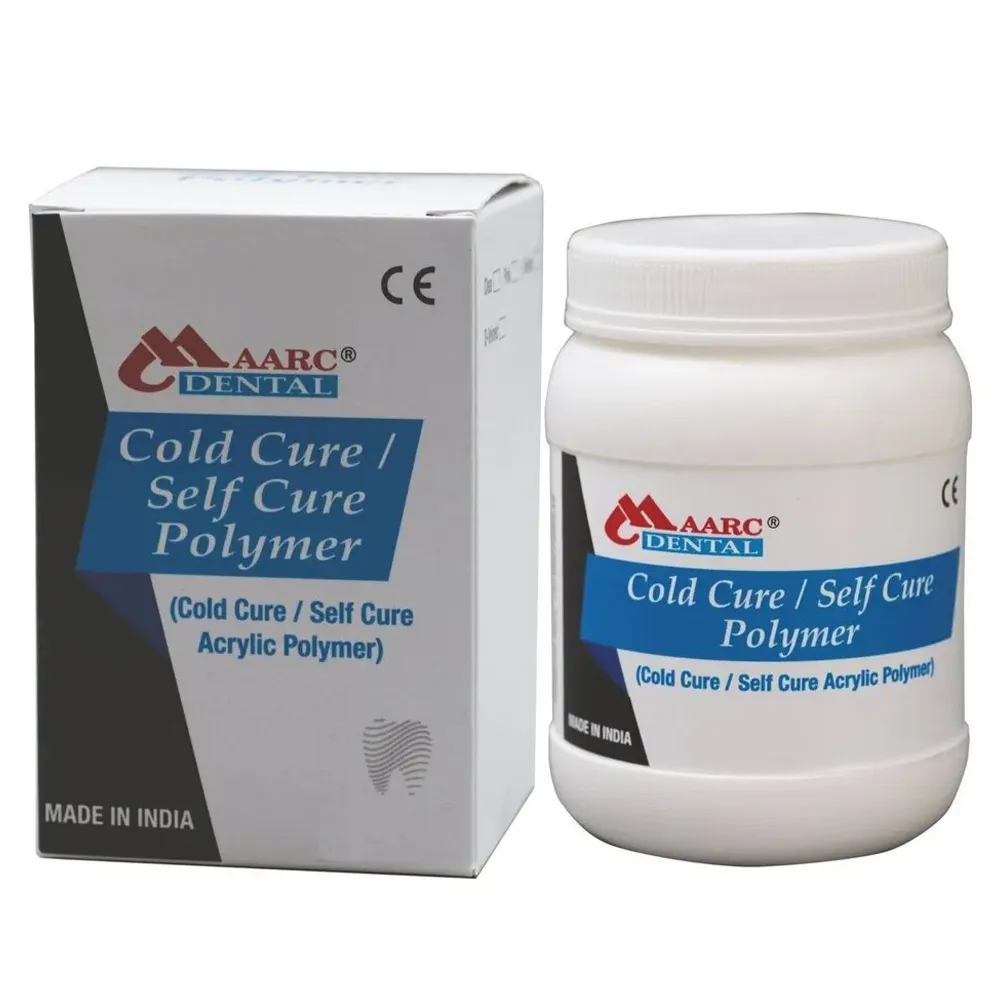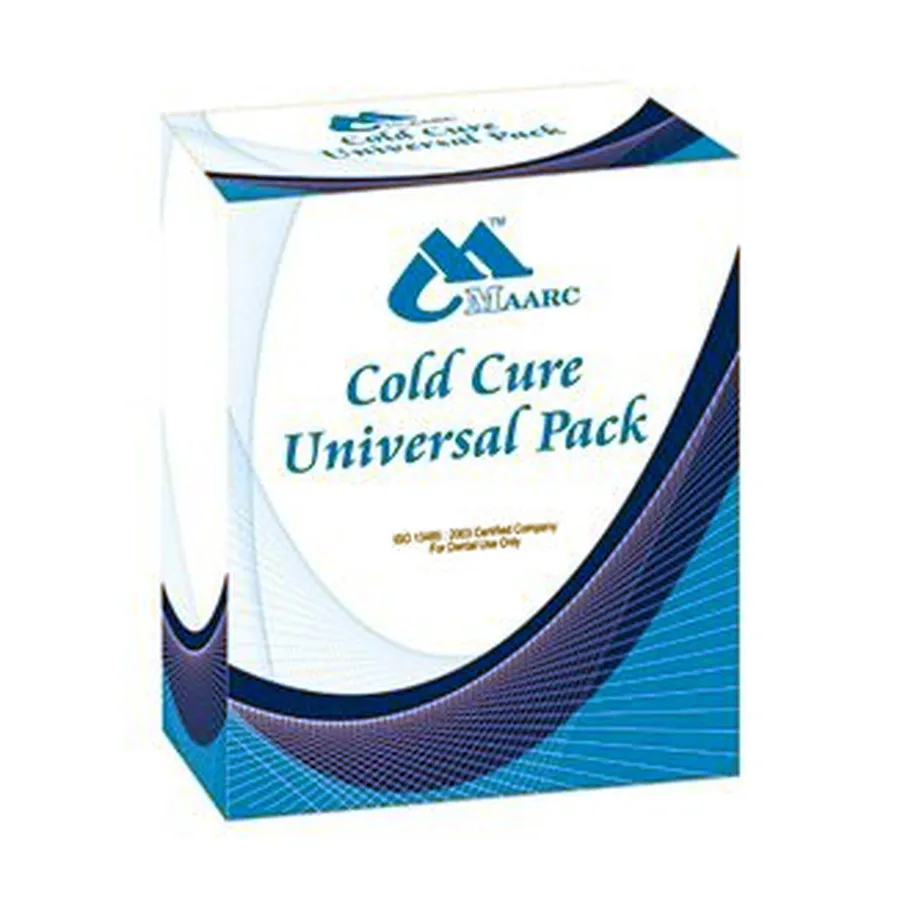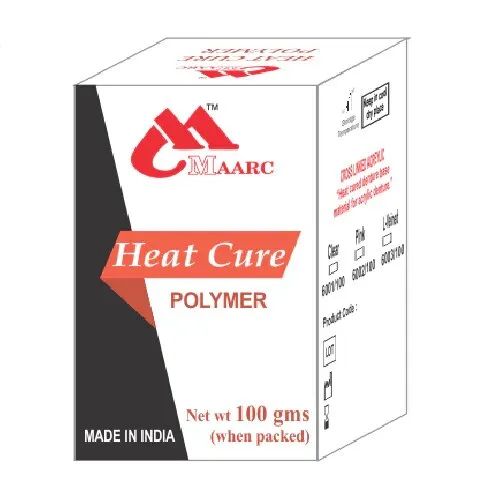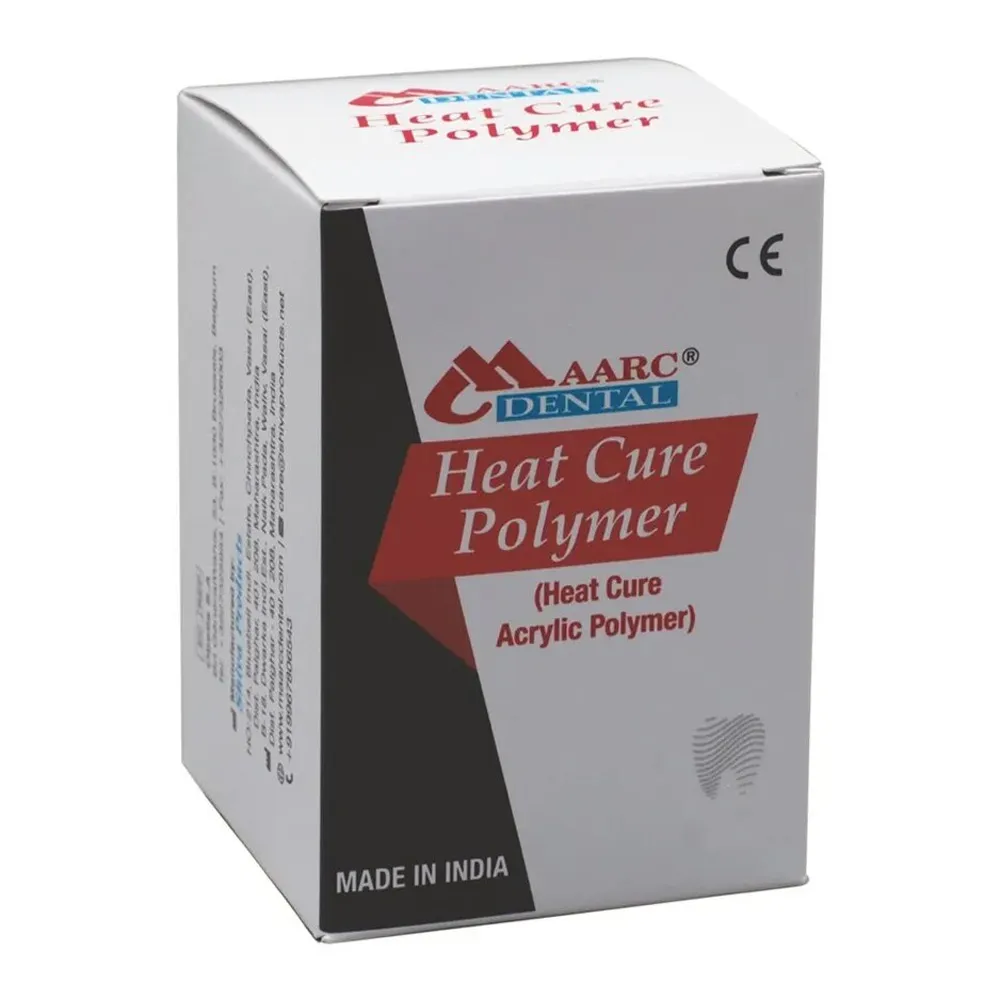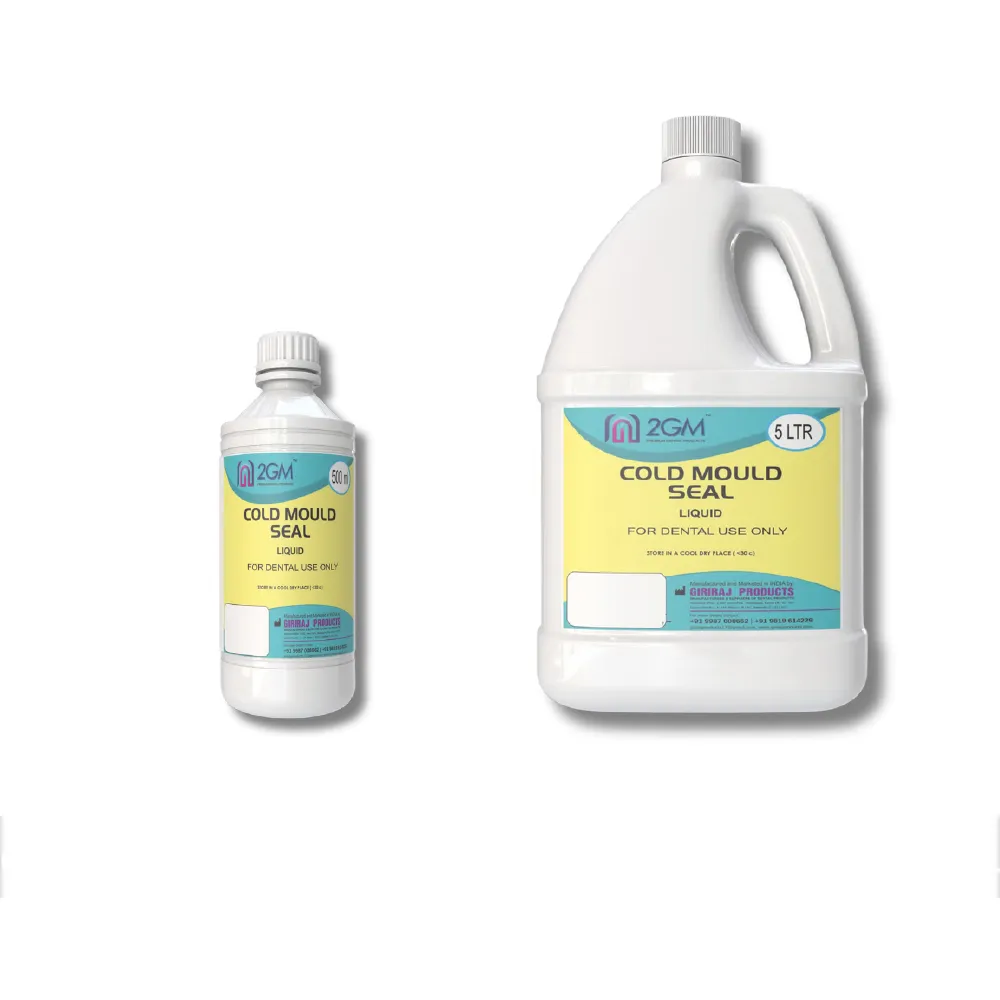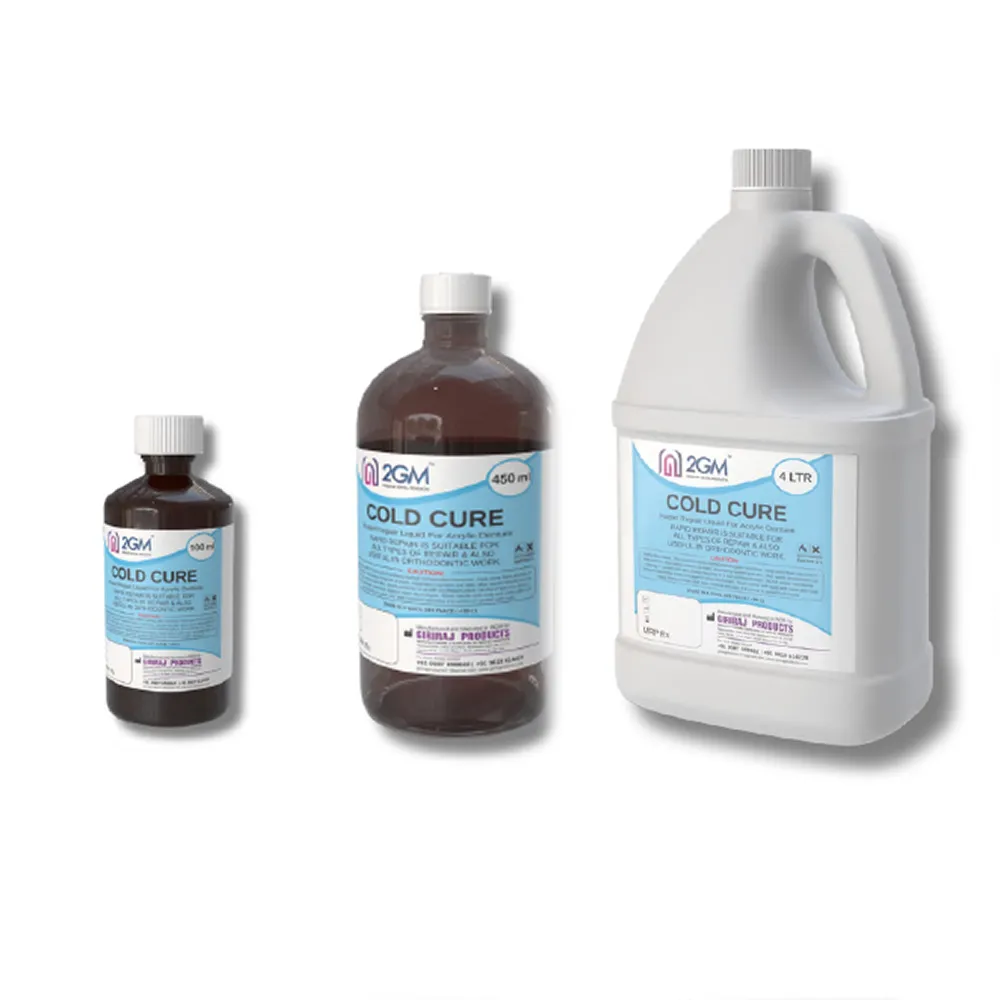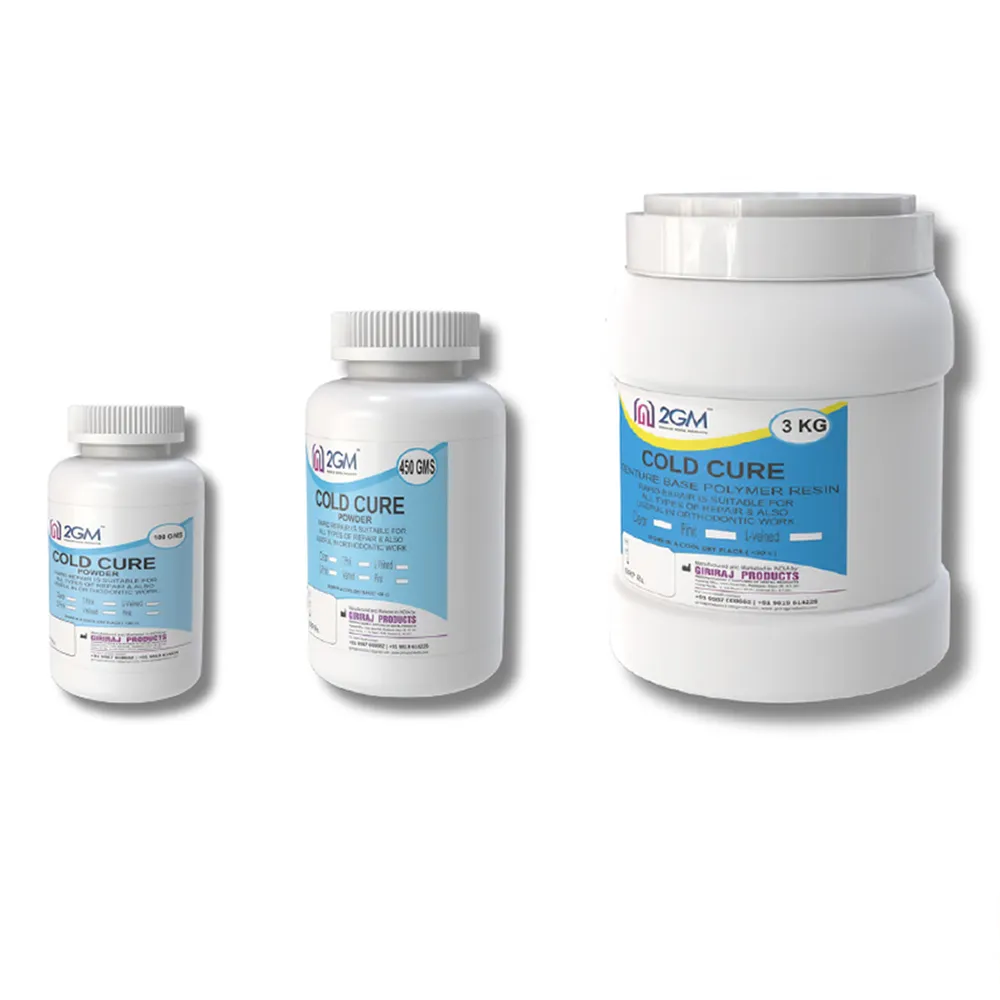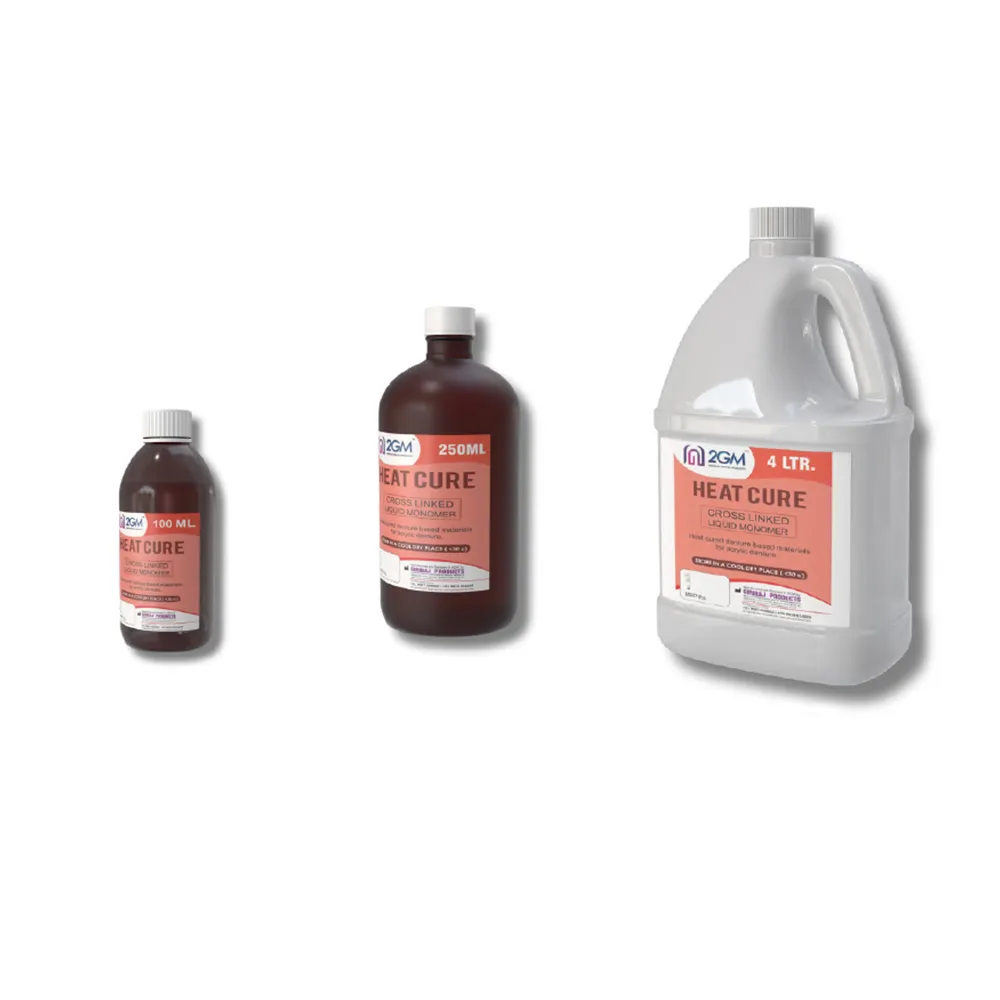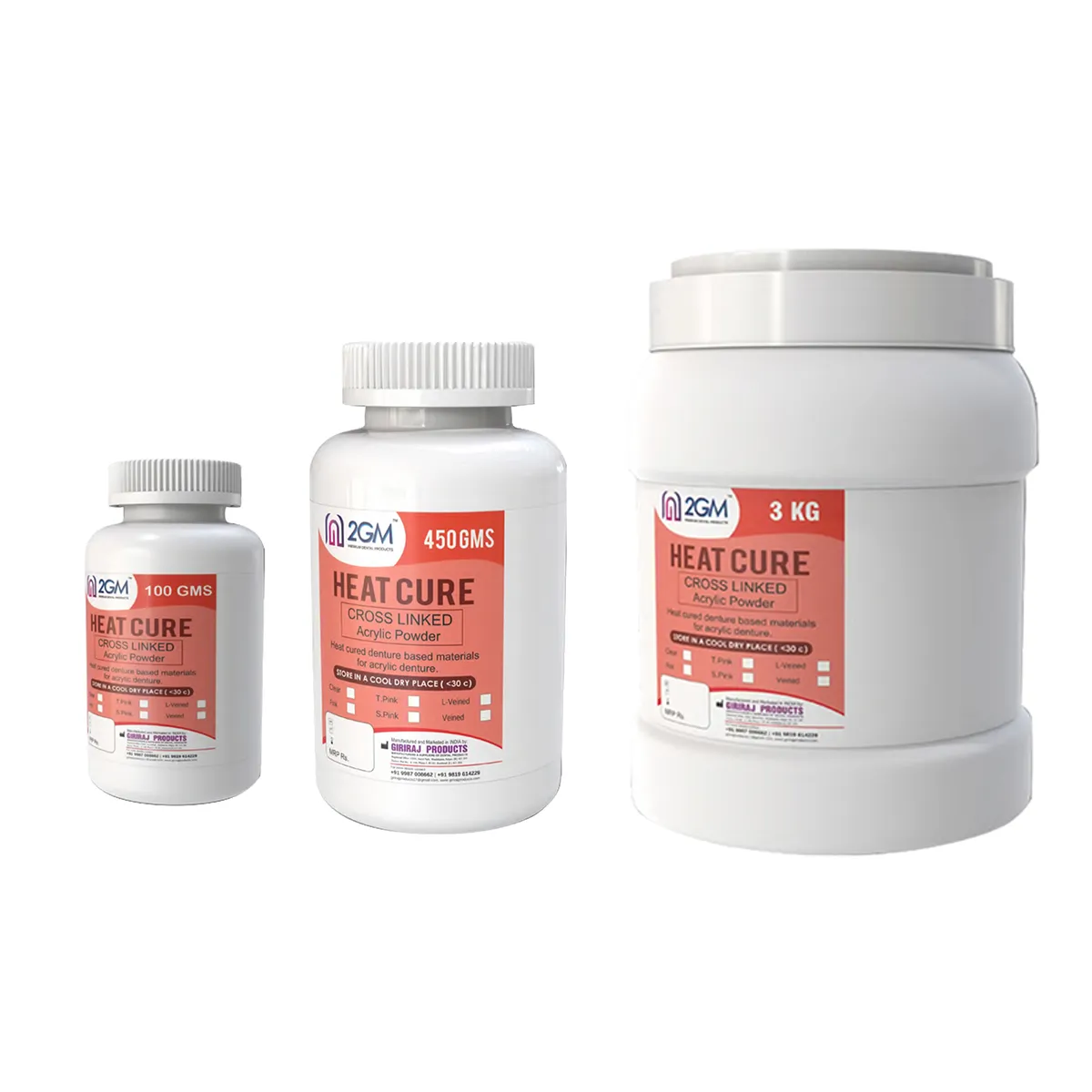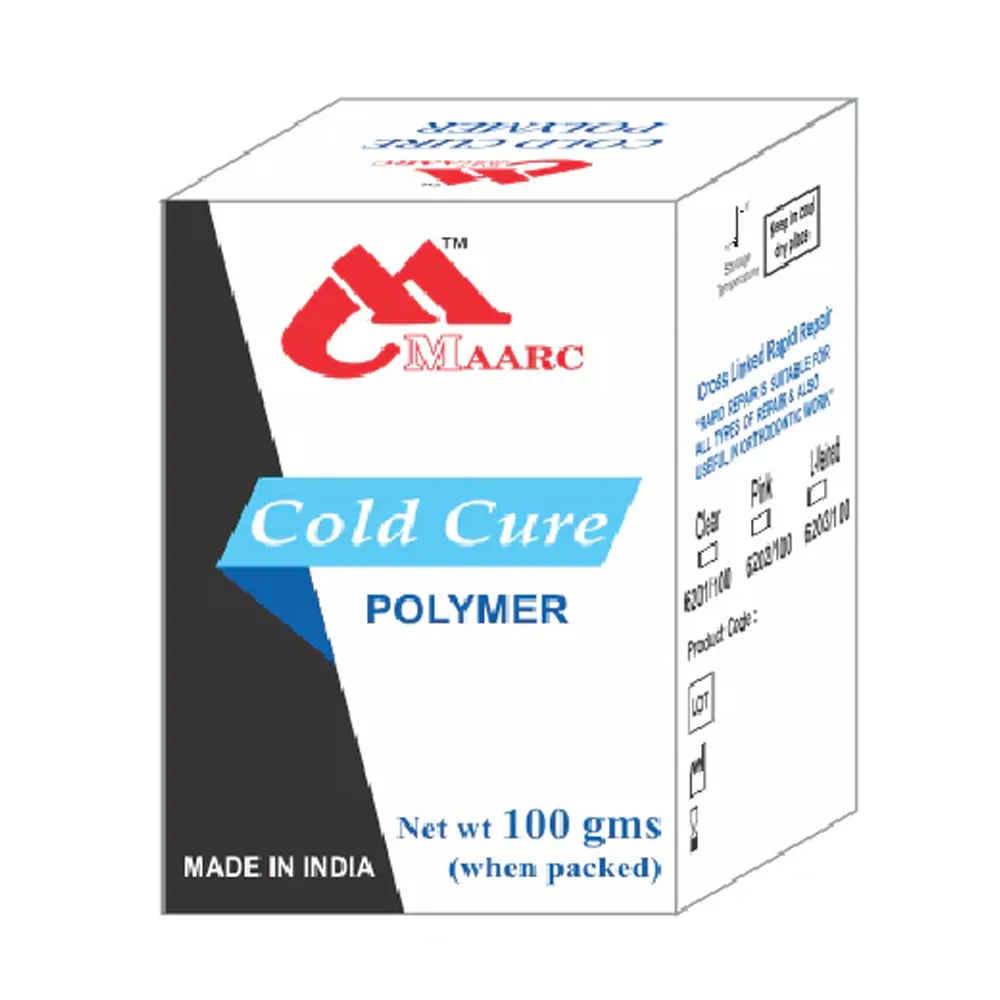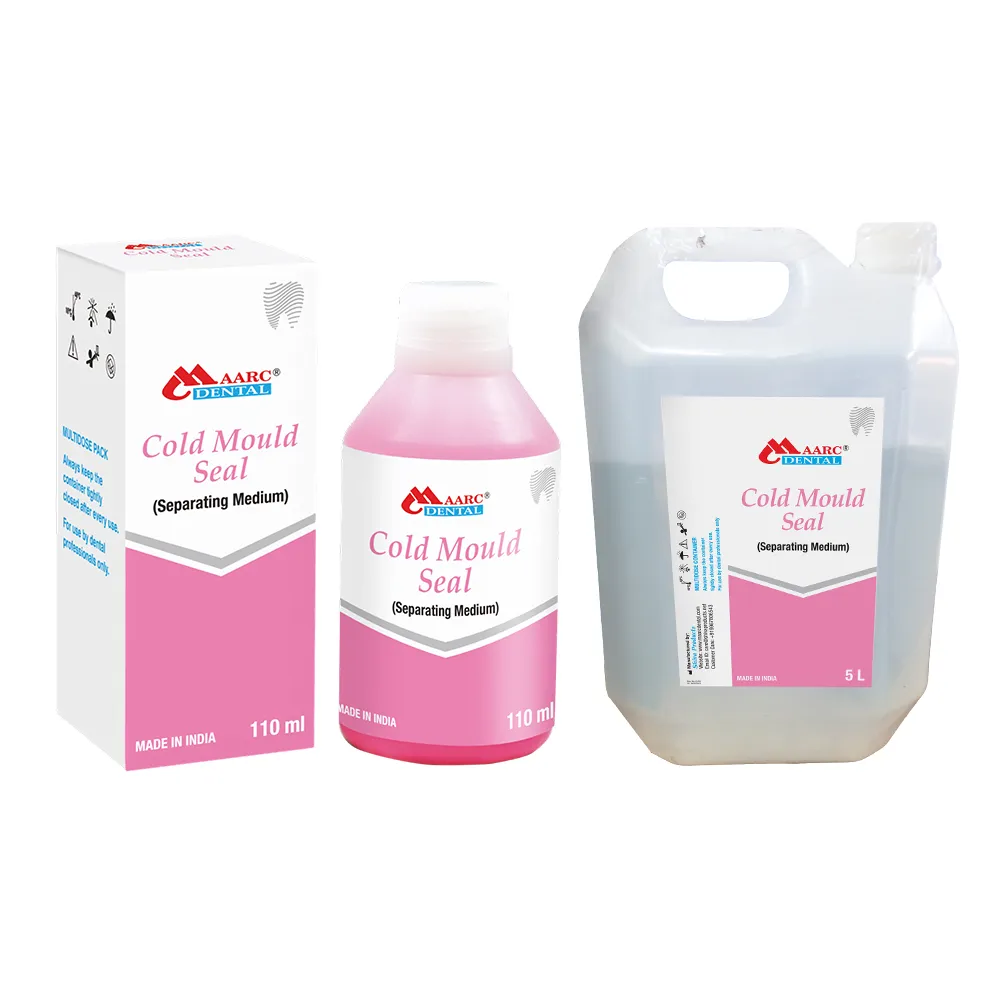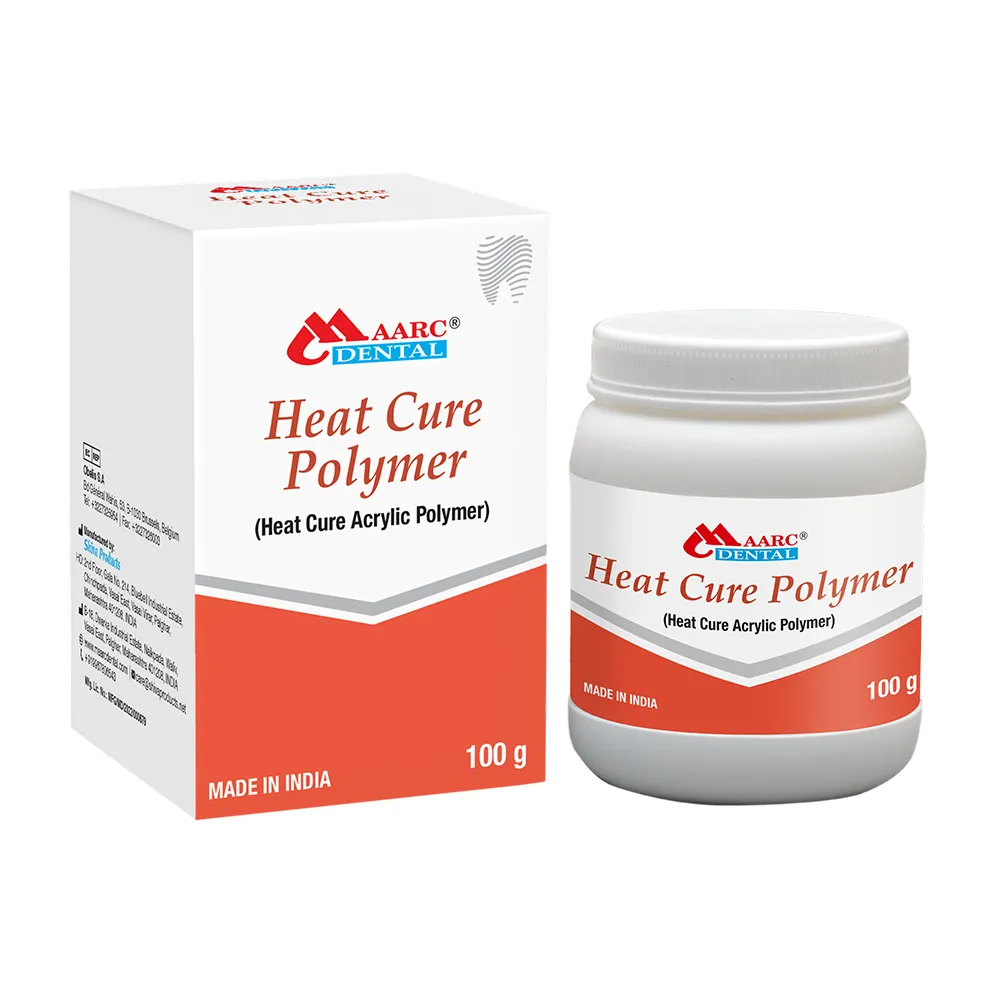Denture base material is a vital component used in prosthodontics to fabricate the base or framework of removable dentures. It forms the foundation that supports artificial teeth and ensures a stable and comfortable fit for the patient. The choice of denture base material is critical as it directly impacts the denture's strength, aesthetics, and patient satisfaction. Denture base materials must be biocompatible, durable, and capable of providing a precise fit to enhance the overall function and aesthetics of the denture. There are several types of denture base materials available, each with unique features and applications:
- Acrylic Resin Denture Base Material: Acrylic resin is one of the most commonly used denture base materials. It is easy to process, adjust, and repair, making it a versatile option for fabricating removable dentures. Acrylic resin denture bases provide good aesthetics and satisfactory functional outcomes for many patients.
- Flexible Denture Base Material: Flexible denture base materials, like thermoplastic resins, offer enhanced flexibility and elasticity. They are particularly suitable for patients with undercuts, providing a snug fit and greater comfort. Flexible denture bases are less likely to break under stress, making them an excellent choice for partial dentures.
- Metal Denture Base Material: Metal denture bases, such as cobalt-chromium alloys, are durable and resistant to deformation. These materials are commonly used for removable partial dentures, providing excellent strength and support for artificial teeth.
- Composite Denture Base Material: Composite denture base materials combine acrylic resin with other reinforcing fibers, offering improved strength and stability. They are a viable option for patients with specific functional and esthetic demands.
Dentalkart takes pride in offering a comprehensive category of denture base materials to cater to the diverse needs of dental professionals. With a wide range of products from reputable brands like Alphadent, Avue, Detax, DPI, GC, Maarc, and Pyrax, Dentalkart ensures access to high-quality denture base materials suitable for various clinical scenarios.
Dental professionals can find an assortment of acrylic resins, flexible materials, metal alloys, and composite denture base materials, each meeting the industry's quality standards. Dentalkart's commitment to providing genuine and reliable products ensures that dental practitioners can confidently choose the most suitable denture base materials to achieve optimal functional and aesthetic outcomes for their patients.
Q: What are denture base materials?
A: Denture base materials form the foundation of removable dentures, providing support and retention for artificial teeth. The choice of the right material is critical to ensure optimal fit, function, and patient satisfaction, as different materials offer varying levels of strength, flexibility, and esthetics.
Q: Which denture base material is best suited for patients with sensitive oral tissues or irregular oral anatomy?
A: For patients with sensitive oral tissues or irregular oral anatomy, flexible denture base materials, like nylon-based resins, are often the best option. Their enhanced flexibility and comfort make them suitable for accommodating undercuts and providing a snug fit.
Q: What polymer is used for denture base??
A: The polymer most commonly used for denture base materials is polymethyl methacrylate (PMMA). PMMA is a type of acrylic resin and is the primary material used in the fabrication of traditional acrylic denture bases. It is a biocompatible and durable polymer that can be easily processed and adjusted during denture fabrication. When making denture bases with PMMA, a polymer powder (PMMA beads) is mixed with a liquid monomer (methyl methacrylate) to initiate the polymerization reaction. This chemical reaction results in the hardening and solidification of the PMMA, forming a stable denture base that provides support and retention for the artificial teeth. PMMA denture bases are widely used in prosthodontics due to their excellent properties, including ease of use, good aesthetics, and sufficient strength for regular functional demands. They offer a cost-effective and reliable solution for creating well-fitting and functional removable dentures.
Q: What is the thickness of the denture base?
A: The thickness of a denture base typically ranges from 2 to 4 millimeters. The thickness may vary depending on the specific area of the denture and the material used. Adequate thickness ensures the denture's strength and stability while providing a comfortable fit and proper support for the artificial teeth.
Q: What are the common processing techniques for denture base materials, and how do they affect the final prosthesis?
A: Common processing techniques include heat curing for acrylic resins and injection molding for flexible resins. Each technique affects the material's properties and the overall fit and function of the denture. Understanding the processing techniques is vital for achieving successful denture fabrication.
Q: What are the key differences between heat-cured and self-cured acrylic resin denture base materials, and how do they affect the denture fabrication process?
A: Heat-cured acrylic resins require processing in a dental laboratory using specific equipment, ensuring controlled polymerization. Self-cured resins, on the other hand, polymerize at room temperature with a chemical initiator, allowing chairside adjustments but potentially leading to less controlled polymerization.
Q: How do I ensure proper denture base adaptation and minimize porosity during processing to avoid weak areas in the prosthesis?
A: Ensuring proper flasking and processing techniques is vital to achieve optimal denture base adaptation and minimize porosity. Use a high-quality separating medium, adequate pressure during flasking, and precise temperature control during polymerization to prevent weak areas and improve overall denture strength.
















